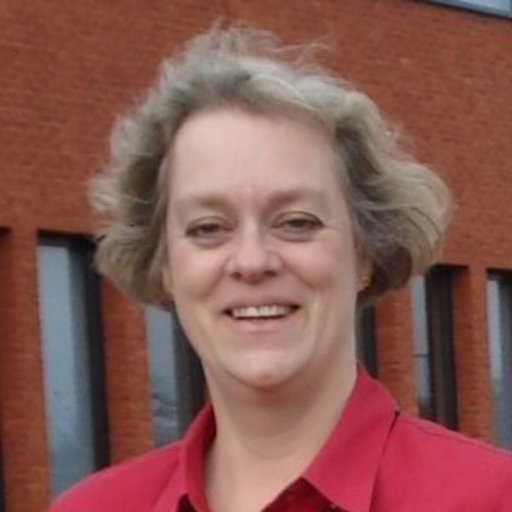

When discussing the time period where children begin to speak, Bates received a lot of attention for finding an overwhelming amount of nouns within the first 50 words of a native English speaker's vocabulary.

yumyum), but does not represent the adult-like form. Bates also coined the term protoword, a word-like utterance made by prelinguistic children that has meaning (e.g. The child's ability to incorporate imperatives in their gestures in order to make a command or request was found in her research and shows the necessity of communication regardless of language. She highlighted the reliance on pointing by infants in order to fill their need to communicate before they are able to speak. In defense of communication functioning as a main force of language acquisition, she looked to the prelinguistic use of commands by infants that required them to develop and use social skills. Much of her research provided evidence towards the core principles of empiricism and against the nativist school of thought, which made her a major player in the East Pole-West Pole divide of cognitive psychology and cognitive neuroscience. This view provides support for Bates’ widely known perspective: the brain does not use specialized linguistic centers, but instead employs general cognitive abilities in order to solve a communicative conundrum. She was a main proponent of the functionalist view of grammar, in that communication is the main force that drives language's natural forms.

With Brian MacWhinney, Bates developed a model of language processing called the competition model, which views language acquisition as an emergentist phenomenon that results from competition between lexical items, phonological forms, and syntactic patterns, accounting for language processing on the synchronic, ontogenetic, and phylogenetic time scales. Bates made significant contributions in the fields of child language acquisition, cross-linguistic language processing, aphasia, and investigating the cognitive, neural, and social linguistic factors subserving these processes. Research Įlizabeth Bates was a pioneer and leading scholar in studying how the brain processes language. The Elizabeth Bates Graduate Research Fund was established at UCSD in her memory to assist graduate students' research. Over the course of more than thirty years, Bates had established herself as a world leader in a number of fields – child development, language acquisition, aphasia research, cross-linguistic research, bilingualism, psycholinguistics and their neural underpinnings, and had trained, supported and collaborated with a diverse and international group of researchers and students. On December 13, 2003, Elizabeth Bates died, after a year-long struggle with pancreatic cancer. Bates also served as a visiting professor at the University of California, Berkeley in 1976-1977 and at the National Research Council Institute of Psychology in Rome. She was also the director of the UCSD Center of Research in Language and the co-director of the San Diego State University/UCSD Joint Doctoral Program in Language and Communication Disorders. Bates was one of the founders of the Department of Cognitive Science at UCSD, the first department of its kind in the USA. She was employed as a tenure-track professor at the University of Colorado from 1974-1981 before joining the faculty of the University of California, San Diego, where she worked until late 2003. and PhD in human development from the University of Chicago in 19, respectively. Bates was well known for her assertion that linguistic knowledge is distributed throughout the brain and is subserved by general cognitive and neurological processes.Įlizabeth Bates earned a B.A. She was an internationally renowned expert and leading researcher in child language acquisition, psycholinguistics, aphasia, and the neurological bases of language, and she authored 10 books and over 200 peer-reviewed articles and book chapters on these subjects. Research on the cognitive, neural, and social bases of languageĮlizabeth Ann Bates (J– December 13, 2003) was a professor of cognitive science at the University of California, San Diego.


 0 kommentar(er)
0 kommentar(er)
